First Chances Foundation
First Chances Foundation works with P7 to S3 pupils, encouraging them to develop their skills, motivation, and self-esteem in order to achieve their full potential as they progress through their education.
Each year pupils follow a specially designed programme, culminating in an annual summer activity held at either the University of St Andrews or Fife College.
The programme is delivered through a series of workshops and events by school teachers as well as university and college staff, supported by current students from the relevant institution. Pupils develop their learning in literacy, numeracy, science and technology as well as reflective thinking and critical analysis.
The First Chances Foundation programme was developed to align with and support key experiences and outcomes as stated in the Curriculum for Excellence.
Further Information
P7 Programme
Primary 7 is split into two main themes: Numeracy and Literacy.
Literacy: Books and Blogs, Perfect Paragraphs and Posters
The main focus of this unit is to develop literacy skills through a variety of approaches.
Pupils are tasked with reading a selection of books, sharing their views and developing their writing skills through ‘blogging’.
Kindles are loaned to the pupils which have a selection of books available to read.
Through exploring different genres of writing and using complex grammar, punctuation and sentence structures, pupils are then tasked with producing their ‘perfect paragraphs’.
Posters
At the end of the year pupils work with specialised software, look at the purposes of different poster styles and design their own to present at an end of year showcase.
Numeracy
Pupils participate in activities around the theme of ‘Numeracy’ with staff from Fife College as part of their activities at the Summer School. Pupils are set a variety of problem solving tasks that they must solve in small groups in a given time frame or, on the second shared day, pupils learn how to use scales to measure distances on maps, measure angles and calculate flight durations.
These skills are further developed in the S1 programme, the 'World of Science'.
S1 Programme - World of Science
World of science focuses on an interactive learning experience for pupils to increase their understanding of scientific ideas and approaches as well as the impact of new developments in science. Pupils will develop skills in conducting experiments, laboratory work and understanding new technologies. This unit includes workshops around the following subject areas:
- Biology and Medicine
- Chemistry and Psychology
- Computer Science and Mathematics
- Criminology
- Engineering and the Built Environment
- Physics and Astrophysics
The year culminates in two space-themed days of summer school activities that consolidates all knowledge gained throughout the year.
S2 Programme - Living local, thinking global
Through 'living local, thinking global', pupils explore the value of their local community in a global context by examining similarities and differences between the lifestyles, values and attitudes of people in the past and present by comparing Scotland with other countries in the world.
Pupils will also begin comparing social and economic differences between more and less economically-developed countries and discuss how to reduce these differences; increasing knowledge of current social, political and economic issues.
The year culminates in a 1 night, 2-day residential summer school with input from University and college staff to consolidate knowledge gained throughout the year and introduce pupils to the next year of the programme.
S3 Programme - Investigation and presentation
During this year of the programme, pupils complete a project based around health or sustainability. They complete a 1,500 word essay, five minute PowerPoint presentation and a research log book. Pupils are supported by a student mentor throughout the year. Additional support is also provided by their school and University and College staff.
Progression to the next year of the programme is dependent on pupils achieving an overall mark of 50/100.
Component % of final mark
Communication with mentor - 10
Essay - 40
Presentation - 40
Research log book - 10
